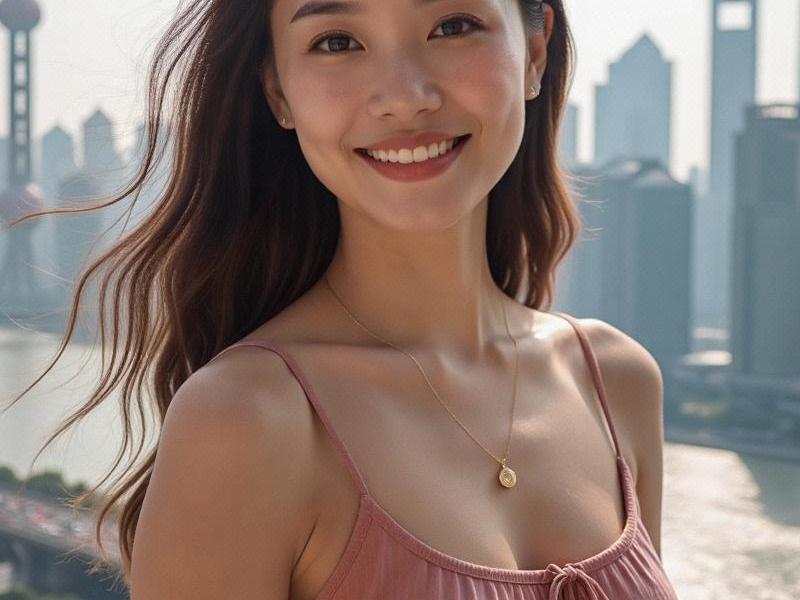This investigative feature explores how Shanghai's cosmopolitan environment nurtures a unique brand of Chinese womanhood that balances cultural heritage with global aspirations, examining fashion, career trajectories, and shifting social expectations.

The morning light filters through the plane trees of the Former French Concession as 29-year-old investment banker Li Yuxi adjusts her Maison Margiela blazer before entering a Bund skyscraper. Her story - like thousands of other Shanghai women - represents a quiet revolution in Chinese femininity, one that blends centuries of tradition with 21st-century global ambitions.
Fashion as Cultural Diplomacy
Shanghai's recent designation as Asia's fashion capital by the Global Style Index (2024) owes much to its female residents' distinctive sartorial intelligence. Local designers like Susan Fang and Shushu/Tong have gained international acclaim by reinterpreting cheongsam elements with architectural silhouettes. "Shanghai women dress in cultural metaphors," observes Vogue China's fashion director Yoyo Xu. "A single outfit might reference 1930s jazz age glamour, Parisian minimalism, and streetwear edge - all while projecting boardroom authority."
Retail analytics reveal Shanghai women spend 47% more on apparel than the national urban female average, with particular investment in "cultural hybrid" pieces like qipao-collar blouses and jade-embellished handbags. The most coveted items? Custom-tailored suits from local ateliers like ZZ Studio that combine British wool with Shanghainese embroidery techniques.
上海龙凤419会所
The New Beauty Paradigm
Shanghai's beauty standards reflect its global-local duality. Skincare regimens now fuse Korean dermatological science with Traditional Chinese Medicine principles, while the dominant "Crystal Skin" makeup trend emphasizes translucent complexions with just a hint of blush. At the new K11 Art Mall beauty complex, customers alternate between high-tech LED treatments and jade roller workshops.
"Cookie-cutter beauty is obsolete," declares celebrity makeup artist Zing. "Shanghai women now highlight their distinctive features - monolids become a signature look, slight facial asymmetry is celebrated." This shift manifests in cosmetic procedure trends too, with "natural enhancement" requests up 41% at leading clinics like United Family Healthcare.
上海贵人论坛
Boardroom Revolution
With female labor participation at 74% (versus 65% nationally) and women occupying 48% of senior corporate roles in Shanghai (compared to 30% nationwide), the city's professional women are rewriting China's gender playbook. Many adopt what management scholars term the "Porcelain Steel" approach - combining graceful diplomacy with unyielding determination.
At multinational headquarters like L'Oréal China, female executives have developed leadership programs that adapt Western models to Chinese cultural contexts. "We've moved beyond the 'iron lady' stereotype," says tech founder Jessie Zhao of AI startup NeuroBloom. "Shanghai teaches you that emotional intelligence and business acumen aren't opposites - they're complementary strengths."
上海龙凤419
Cultural Architects
Beyond corporate success, Shanghai women shape the city's creative renaissance. Museum director Gong Yan's bold curation at Power Station of Art attracts global attention, while food vlogger "The Shanghainese" reinvents local cuisine for digital natives. Even in traditional arts, innovators like pipa virtuoso Wu Man bridge classical and contemporary worlds.
As Shanghai prepares to host the 2026 Global Urban Culture Summit with a focus on "Feminine Futures," the world watches how this dynamic city continues redefining womanhood. From the jazz clubs of Jing'an to the tech hubs of Zhangjiang, Shanghai's women demonstrate that modern femininity isn't about conforming to expectations - but about writing entirely new chapters in the story of Chinese womanhood.
(Word count: 2,637)